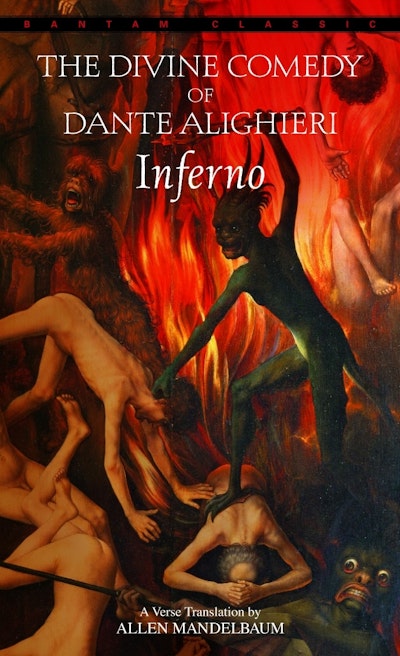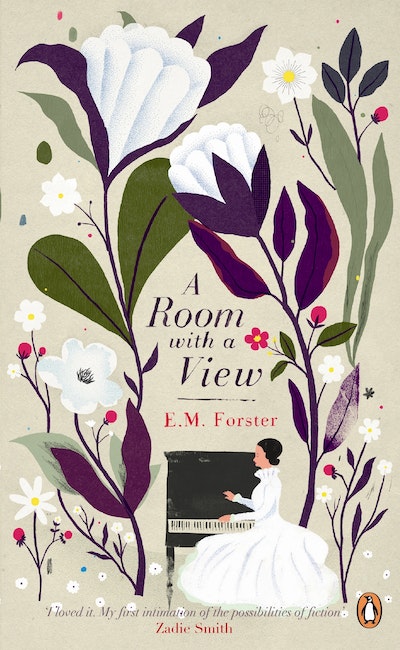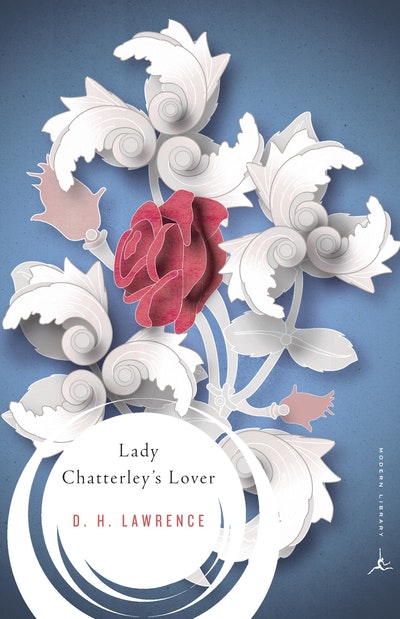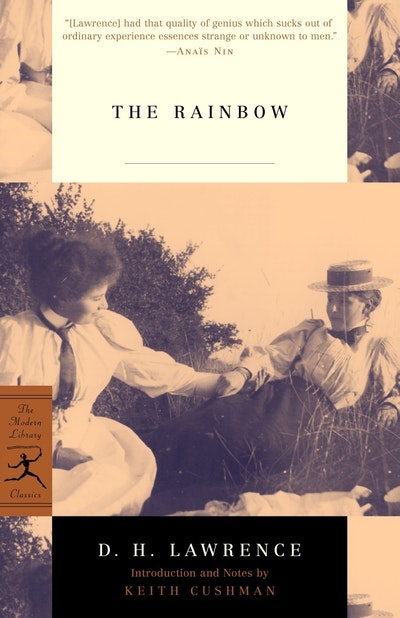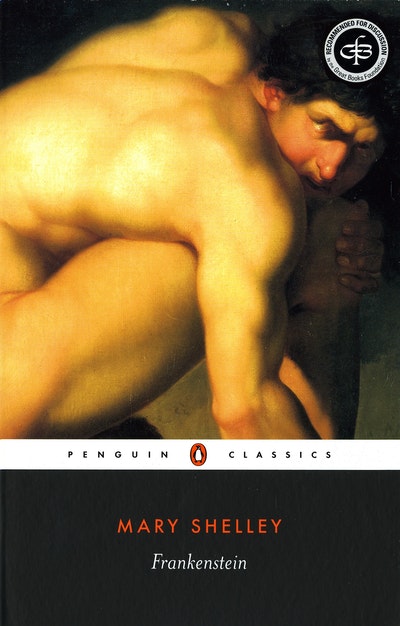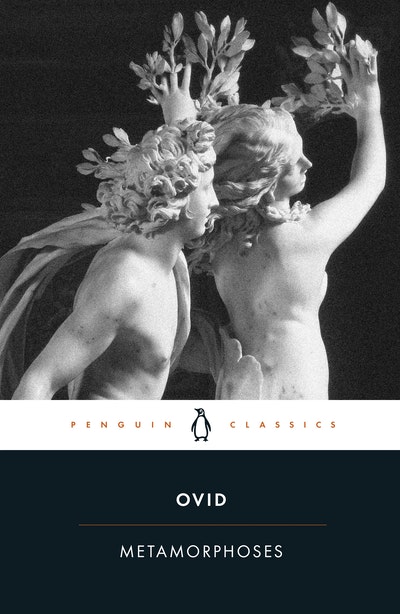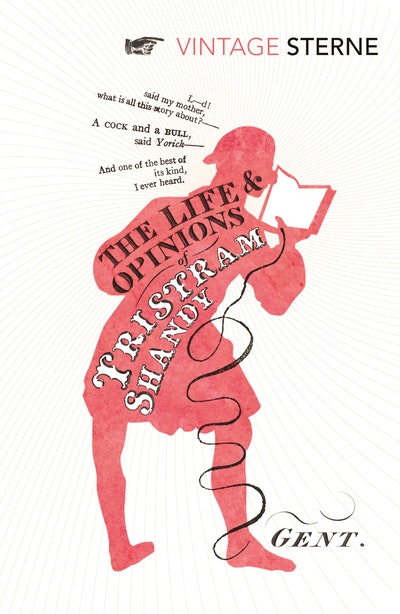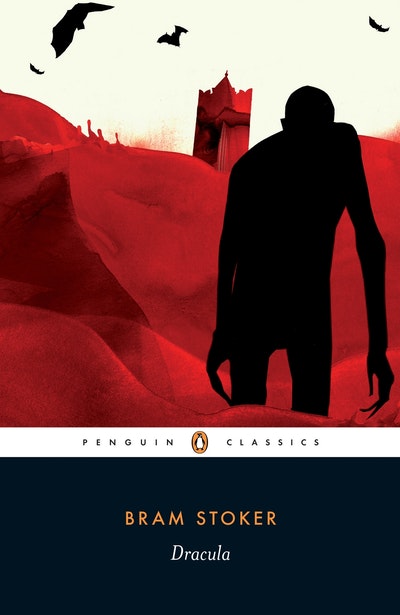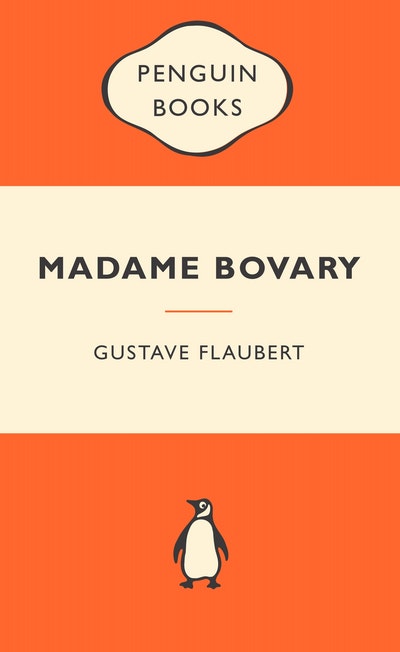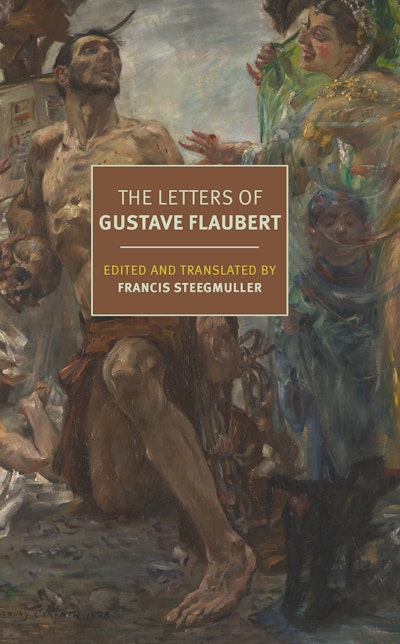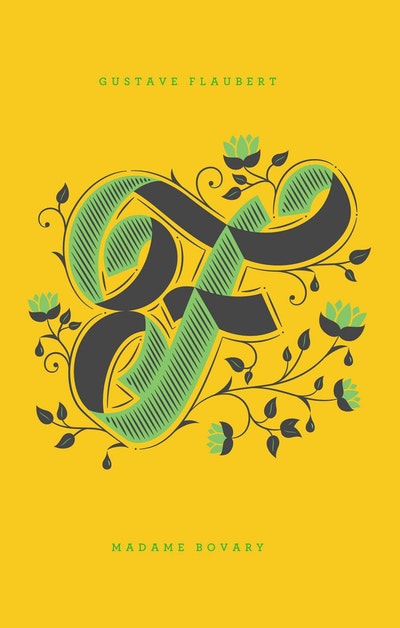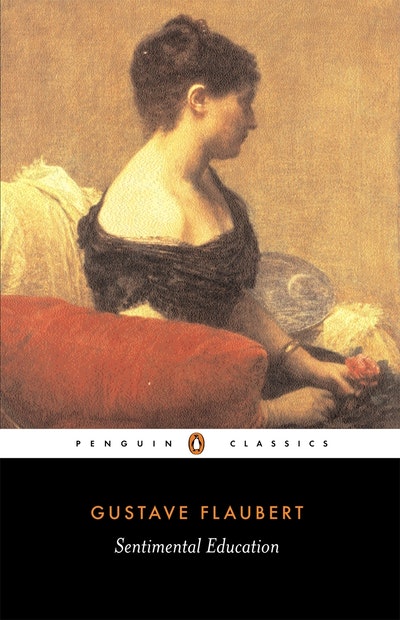- Published: 1 June 2005
- ISBN: 9780140448009
- Imprint: Penguin Classics
- Format: Paperback
- Pages: 144
- RRP: $30.00
Three Tales
Three stories that form Flaubert's last complete work and reveal him as a master of the short story form.
First published in 1877, these three stories are dominated by questions of doubt, love, loneliness and religious experience, and together form a triumphant conclusion to Flaubert's literary career. With elegant simplicity, 'A Simple Heart' relates the story of Félicité - an uneducated serving-woman who retains her Catholic faith despite a life of desolation and loss. Inspired by a stained-glass window in Rouen cathedral, 'The Legend of Saint Julian Hospitator' describes the fate of Julian, a sadistic hunter destined to murder his own parents. The blend of faith and cruelty that dominates this story may also be found in 'Herodias' - a reworking of the tale of Salomé and John the Baptist.
- Published: 1 June 2005
- ISBN: 9780140448009
- Imprint: Penguin Classics
- Format: Paperback
- Pages: 144
- RRP: $30.00


















